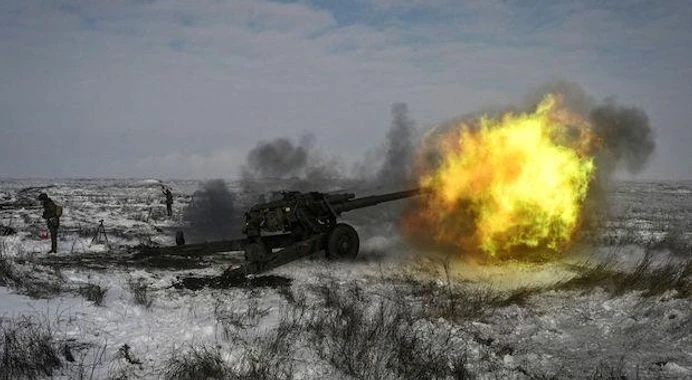All you need to know about One World, One Sun, One Grid plan
The idea was first floated by PM Modi in 2018 during the first assembly of the International Solar Alliance (ISA)
)
Sun rising over Mercury <b> Shutterstock <b>
Prime Minister Narendra Modi in his Independence Day address mentioned about the mega plan of "One Sun, One World, One Grid" (OSOWOG) — a trans-national electricity grid supplying solar power across the globe. The idea was first floated by Modi in 2018 during the first assembly of the International Solar Alliance (ISA). Policy experts describe it as part of India’s answer to China’s “One Belt One Road” project.
According to the draft plan of the Ministry of New and Renewable Energy (MNRE), the ambitious OSOWOG will connect 140 countries through a common grid that will be used to transfer solar power. “The vision behind the OSOWOG mantra is ‘The Sun Never Sets’ and is a constant at some geographical location, globally, at any given point of time. With India at the fulcrum, the solar spectrum can easily be divided into two broad zones viz. far East, which would include countries like Myanmar, Vietnam, Thailand, Lao, Cambodia etc, and far West, which would cover the Middle East and the Africa Region,” MNRE said in the Request for Proposal for hiring consultants.
Phase 1 will connect the Indian grid with grids in West Asia, South Asia and Southeast Asia to share solar and other renewable energy resources. Phase 2 will connect the first-phase nations with the African pool of renewable sources. And Phase 3 will be the final step of global inter-connection.
Officially announced during the UN Climate Change Conference in Paris in 2015, ISA is a partnership of solar resource-rich countries. Last year, the Central Electricity Regulatory Authority gave its nod to new regulations for cross-border electricity trade, making it easier. However, having an intercontinental power infrastructure is a fairly new idea. Australia-based Sun Cable is developing the Australian-ASEAN Power Link (AAPL) under which it will supply renewable electricity from Australia to Singapore and later to Indonesia.
Several countries, including China, have initiated infrastructure projects in other countries, a step seen as a sign of asserting supremacy. While India is a partner nation is most trade associations, with ISA and OSOWOG it is planning to take a leadership position.
Geo-politically, this is being touted as a clever strategy. However, technology-wise, it is yet to make sense. With battery and storage technology becoming cheaper, electricity consumption at source end is a more feasible idea for solar power. However, shortage of land bank and limited hours of sunshine tip the balance in favour of expanding the sourcing of solar energy to other nations. Chinese companies are already active in several African markets. While India has taken baby steps with the ISA, a major investment drive is still missing. This is planned to be achieved through OSOWOG.
More From This Section
Don't miss the most important news and views of the day. Get them on our Telegram channel
First Published: Aug 23 2020 | 12:18 PM IST


)